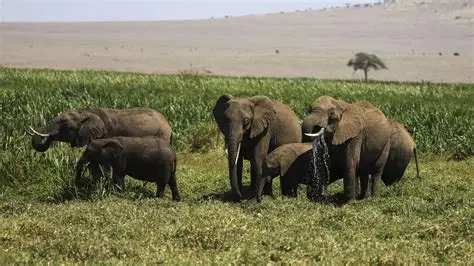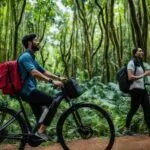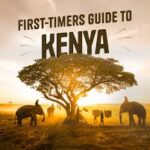Wildlife Corridors: How Kenya Keeps Nature Connected
In the wild, animals don’t recognize park boundaries or fences. They follow ancient migration routes in search of food, water, and safe breeding grounds. To protect these natural pathways, wildlife corridors in Kenya have become vital in keeping nature connected ensuring animals can move freely across landscapes that humans increasingly share.
What Are Wildlife Corridors?
Wildlife corridors are stretches of protected land that link one habitat to another, allowing species to migrate safely. They serve as “natural highways” between national parks, conservancies, and reserves.
Without these corridors, animals can become trapped in isolated areas, leading to inbreeding, competition for limited resources, and even conflict with local communities.
Kenya’s Commitment to Connectivity
Kenya is a global leader in conservation innovation. Through collaborations between government bodies, communities, and conservation organizations, the country has mapped and secured key wildlife corridors in Kenya.
Projects such as the Amboseli–Tsavo–Kilimanjaro corridor and the Laikipia–Samburu landscape ensure elephants, lions, zebras, and other species can move freely between habitats. These efforts not only preserve biodiversity but also support sustainable tourism and local livelihoods.
Communities at the Heart of Conservation
The success of wildlife corridors depends on people. Kenyan communities living near reserves play an essential role by designating land for conservation, practicing wildlife-friendly farming, and benefiting from Eco-tourism.
Touch Wild Tours partners with lodges and conservancies that champion these initiatives, ensuring that tourism revenue directly supports the people and landscapes that make safaris possible.
Challenges and Hope for the Future
Rapid urbanization, fencing, and agriculture continue to threaten wildlife movement. However, conservationists are finding creative solutions from building underpasses beneath highways to promoting land-use planning that respects migration routes.
Supporting wildlife corridors in Kenya helps ensure a future where elephants can roam freely, big cats can hunt safely, and ecosystems can thrive naturally.
Travel That Connects
When you embark on a safari with Touch Wild Tours & Travel, you’re not just exploring Kenya’s beauty you’re supporting its survival. Every responsible journey helps maintain these critical connections between land, people, and wildlife.
In Kenya, nature knows no borders and through wildlife corridors, we help keep it that way.


